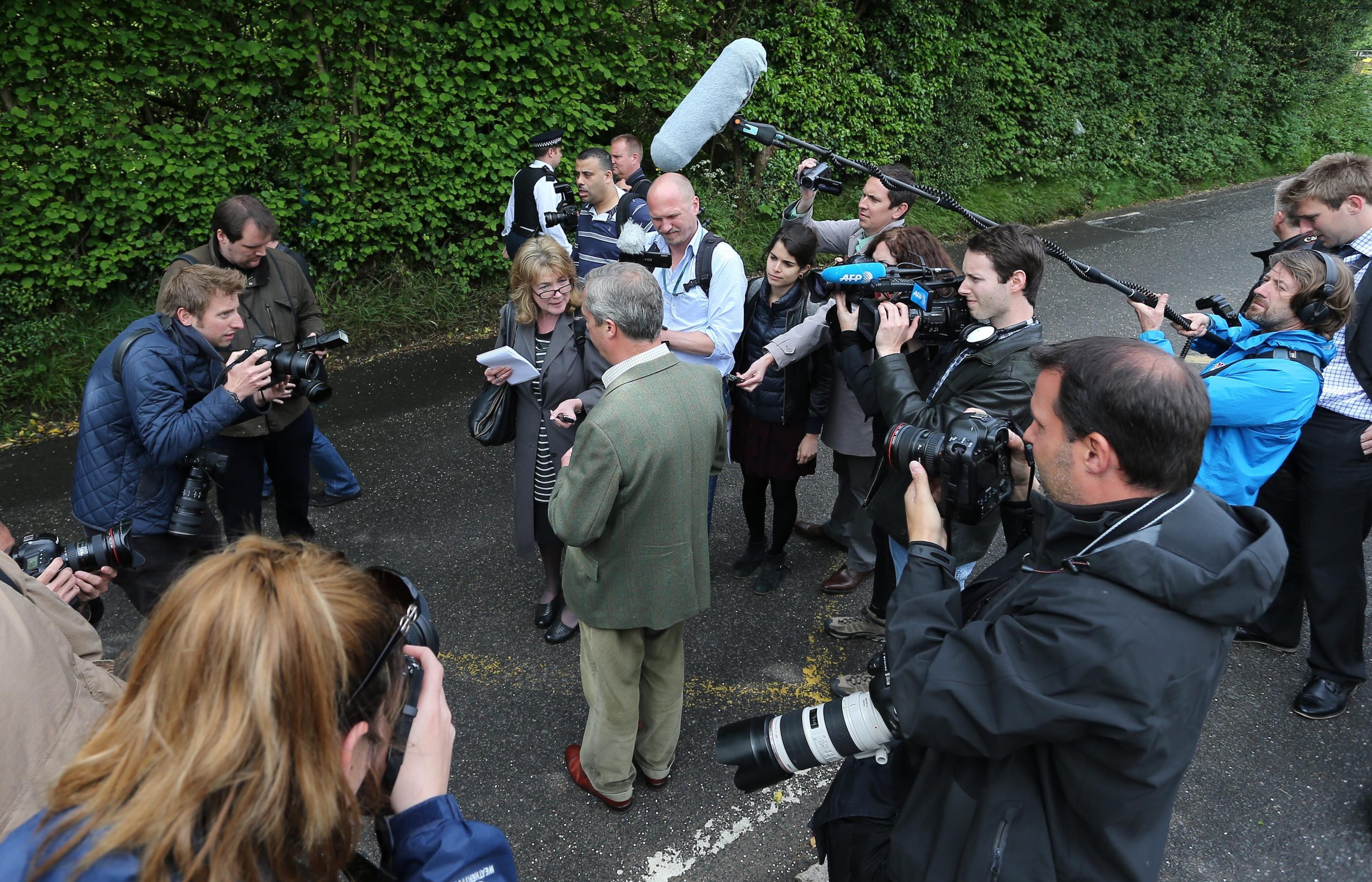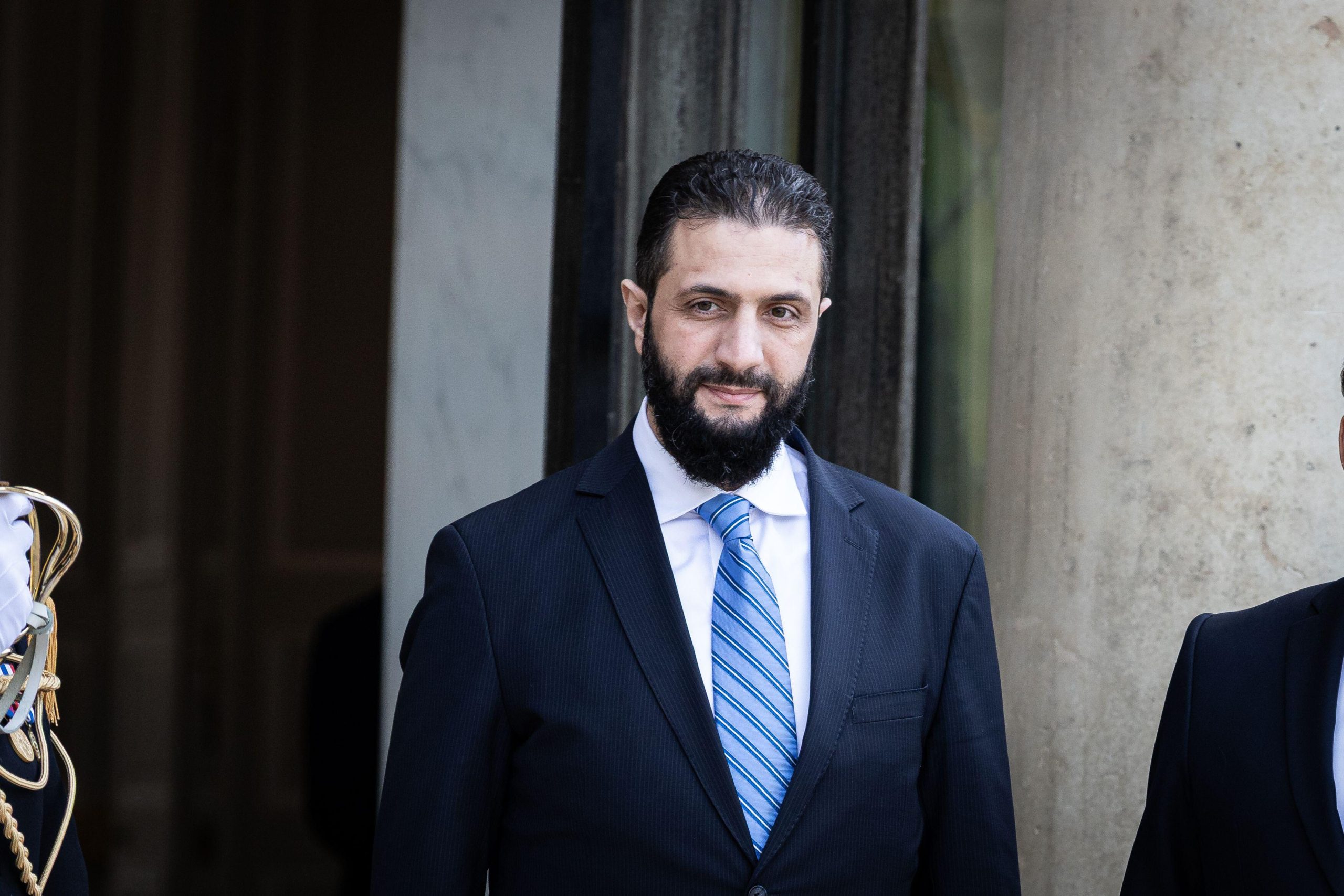 This article was first published in Media Guardian
This article was first published in Media Guardian
The information genie cannot be put back into the bottle, however hard authorities try. But the authorities continue to exploit the internet as a means of control
WikiLeaks “changes everything”. So says Christian Caryl in the latest New York Review of Books, as the media, technology and foreign policy worlds ponder the effect of the industrial dumping of US government cables. For several years American analysts in particular have been trying to make sense of the information free-for-all facilitated by the internet. Julian Assange‘s perhaps inadvertent contribution is to have brought a previously arcane debate into the forefront of global politics.
So what exactly has the WikiLeaks affair changed? It is just over a month since the third and by far the largest tranche of State Department documents was sprayed into the public domain by a curious mix of techno-anarchist geeks and some of the world’s most prestigious newspapers, including this one. The tensions between WikiLeaks and the Guardian were set out in painful detail in a Vanity Fair article that juxtaposed the values of traditional journalists with those of Assange and his crew.
Assange’s personality has been much trawled over and is, in the long term for journalism and democracy, irrelevant. What matters is what he has done, and what his pursuers are doing, to the related issues of freedom of expression, freedom of information, confidentiality and accountability.
WikiLeaks was, as Ron Deibert pointed out in the New York Times, only a symptom of a much larger trend. Somebody, somewhere, sometime would have done what Assange did. If governments and corporations can hold data about citizens’ intimate details, their friends, their shopping predilections and their innermost thoughts, then it was surely inevitable that the tables would eventually be turned.
The most ridiculous mistake by the US authorities was to imagine that so-called confidential documents – incriminating sources, in some cases – could be kept out of the public domain when circulated to 2.5 million people working in government service. Their British counterparts learnt this long ago when the embarrassing emails of Tony Blair’s team were published during the Hutton inquiry. I have long wondered at the artlessness of some in public life who fail to see that every email, SMS or tweet they write is a publishable document.
The Americans and other governments will not, should not, repeat their errors. Distribution lists will be tightened; monitoring of those with access to truly secret information will be improved. However, as Deibert suggests, the “venomous furore” against WikiLeaks must rank as “one of the biggest temper tantrums” of recent years.
It is more than that. It is deeply dangerous. The hysterical response of many to the WikiLeaks controversy, particularly in the US (the UK government has shown commendable restraint), has played into the hands of the Kremlin, the Chinese Communist party, Robert Mugabe, Burma’s generals and other assorted dictators around the world. Every time now a dissident, activist or blogger is arrested, regimes such as these can wave two fingers at international concern. “You did it, so why can’t we?” will come the response. They are already doing so. The democracy recession, which has been gathering pace in recent years, has been boosted by Hillary Clinton’s laughable claim that the Wiki publications were an “attack on the international community”. This sameHillary Clinton gave a speech a year ago about the possibilities for internet freedom.
So now we have two competing, and ugly, forces locking horns like bulls. On the one side are governments who, as Evgeny Morozov argues in his new book, The Net Delusion: How Not To Liberate The World, are exploiting the internet as a means of control rather than democratisation. They are aided in their endeavours by corporations such as Amazon, Mastercard, Visa and others who do the bidding of the authorities either under pressure or quite voluntarily in order to ingratiate themselves. On the other side is a small sub-section of the web 2.0 community who regard themselves as above the law, for whom all authority is bad and all information is good. As Jaron Lanier puts it in the Atlantic: “The ideology that drives a lot of the online world … is the idea that information in sufficiently large quantity automatically becomes Truth. For extremists, this means that the internet is coming alive as a new, singular, global, post-human, superior life form.”
The bit in the middle – mediated journalism, non-governmental organisations and the more thinking end of the internet generation – is being squeezed. Instead of pugilism on both sides, what is needed is a sober attempt to navigate through a new world in which information is distributed that would have taken conventional investigative journalists years to dig out.
This work is taking place, albeit in an adverse environment. A group called the Global Network Initiative includes some of the big players in the web world such as Google, along with NGOs and other organisations. The aim is to find a path through these problems, but always with an accent on free expression. Clay Shirky, one of the sharpest observers of the scene, talks of a “corrective towards transparency”, before adding: “I don’t, however, believe in total transparency and, even more importantly, I don’t think that independent actors who are subject to no checks or balances is a good idea in the long haul.”
Once the dust has settled, a new and healthier order might emerge, possibly, as Deibert suggests, a “depersonalised and professionalised” son of WikiLeaks acting as a clearing house for investigative journalism. The role of mainstream journalism will shift over time from reporting to sifting, redaction and analysis, helping readers digest the information overload. The problem, Lanier suggests, is that “information in oceanic magnitude can confuse and confound as easily as it can clarify and empower, even when the information is correct”.
The media watcher John Lloyd noted recently that the WikiLeaks affair “reduces investigative journalists to bit players whose job is to redact the output and provide context”. This predates the current saga. For years the Fourth Estate has under-invested in and devalued its responsibility – to use that pious phrase – to speak truth to power. I can never put out of my mind the remark of an old colleague, a one-time lobby journalist at Westminster, who told me after his first week running communications at a government department that he was staggered by how little journalists actually found out. Much of the content of the British media has been reduced to toxic comment or stenography for the powerful in politics, business, sport and elsewhere.
Lloyd has long argued the power of the media is increasing inexorably as politicians cower. In some respects he is right. Self regulation remains poor; standards are often all too low. In the short term it seems that journalists have many of the cards. Whenever something goes wrong, politicians have to deal with it not within a day (as was the imperative when 24-hour TV news began) but now, thanks to Twitter, within minutes.
Thus when Eric Illsley pleaded guilty to expenses fraud, Ed Miliband rushed out of his office to declare that he must stand down immediately as an MP. When Vince Cable was caught “declaring war” on Rupert Murdoch, David Cameron and Nick Clegg had to decide his fate forthwith.
Yet this seeming power shift is transient. Attention spans are brief. Engagement on social networking sites is frantic but shallow, a phenomenon Morozov terms the age of the “slacktivist”. Scream! Sign a petition! Tell your friends you’ve done so. Then move on to the next thing.
Sometimes media activity does have lasting impact. The MPs’ expenses scandal was a mixture of the modern (the handed-over disc) and the old-fashioned (the trawling through of priceless information that was tough to decipher). Not many individuals have been punished, but the reputation of the elected legislature (rightly or wrongly) has been seriously damaged. In this instance, the information was simple to absorb and, thanks to the duck houses, colourful and communicable. It focused on locally or nationally recognisable individuals.
WikiL eaks has not produced any such scalps. Some ambassadors have been embarrassed, others have had to be rotated, but American diplomacy has emerged unscathed. Indeed, one could argue it has emerged enhanced. For sure, some hypocrisy has been exposed, but the caricature of a frothing, gun-toting, CIA-dominated State Department has not quite materialised.
Our expectations towards information have changed, for good. They had probably done so before WikiLeaks, but now, no matter how hard governments try, the genie cannot be put back into the bottle. The notion of a 30-year rule in which patrician officials deign to allow us, long after the protagonists have left the scene, knowledge of what was done in our name, is surely over. Policy making has been demystified.
The information relationship has shifted, but the power relationship has surely not. We have more knowledge, but are we able to, do we have time to, indeed do we really want to act on it? Will our security services now act any differently? Are our banks acting any differently? Once they have sorted out their online filtering system, will our diplomats and governments act any differently? Everything has changed and nothing has changed.
John Kampfner is the chief executive of Index on Censorship and author of Freedom For Sale




